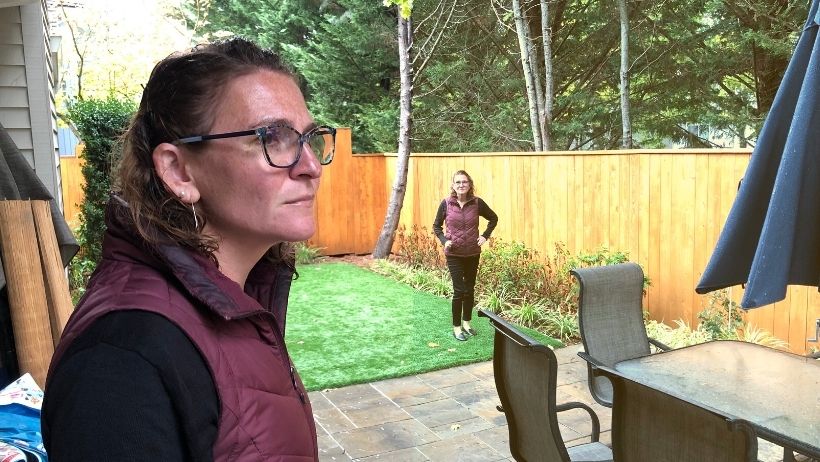The phrase “nature versus nurture” seems to imply that there’s a struggle between these two factors. It suggests that one needs to win out over the other. I disagree, though; I think we can be influenced by genetics and by our surroundings at the same time. I believe each of us becomes a mix of these two individuals: the one with innate traits and the one with learned behaviors. Take the story of Noah, for example.

This week we read Parshat Noach. This second section of text in the entire Torah takes us through the story of the flood, building the ark, saving his family and the animals, sending out a dove, and God’s promise to never do this again. We learn of the generations of Noah and how humanity moved on to create the next piece of the narrative, the Tower of Bavel. After the Tower of Bavel, we see that the nations are scattered, and then the Torah quickly covers the 10 generations between Noah and Abraham, where the rest of our biblical history takes off.
As the second parshah of the Torah begins, we’re met with a peculiar linguistic construct. The text begins, “This is the line of Noah. Noah was blameless in his generation.” The oddity comes with the repetition of the name Noah. After all, any English teacher would suggest it could’ve been more efficiently written, “This is the line of Noah, who was blameless in his generation.” However, as close readers of Torah, we understand that words – especially repeated words – are meant for emphasis and deeper meaning. So, why repeat the name Noah?
What if, in fact, the names refer to two people instead of one: the person who was born as Noah, and the person whom Noah chose to be? They aren’t literally two different individuals, but it’s the idea that Noah had to make a choice about who he would be, especially when you consider the world around him. He could be without morals or values, or he could be kind and upstanding. Based on the rest of the verse and what we know happens later, it appears that he made the choice to be an upstander.
Reading this parshah close after the High Holidays is our yearly reminder that how we act in the world is up to us and not where we come from. We are not fully defined by the generations before us. Instead, like Noah, we are fully capable of doing the hard work to change patterns, hold ourselves to higher standards, and make our example the one that future generations want to follow.



